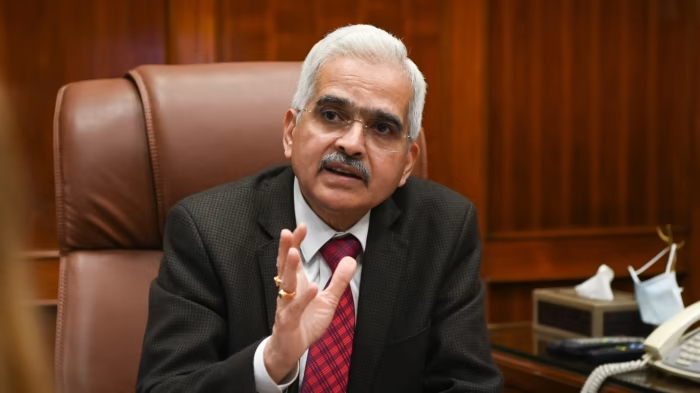The Reserve Bank of India (RBI) Governor Shaktikanta Das voiced strong concerns over stablecoins, which he described as “private money” that could undermine government sovereignty by allowing private issuers to dominate the payments system.
Speaking at the G30 39th Annual International Banking Seminar in Washington, DC, Das argued that the risks posed by stablecoins outweigh any potential benefits, citing control and stability issues.
He emphasized the advantages of central bank digital currencies (CBDCs), highlighting that, unlike stablecoins, they are backed by government authority, offer assured settlements, and eliminate the need for collateral. According to Das, these qualities make CBDCs a more secure and reliable alternative in the evolving digital finance landscape.
Das previously highlighted that the programmability of CBDCs could significantly enhance financial inclusion by enabling targeted fund delivery. In his recent remarks, he reiterated this point but emphasized that India is not hastening the rollout of the digital rupee.
India’s ongoing CBDC pilot projects for the digital rupee have reportedly received positive feedback, and Das disclosed that the RBI plans to integrate CBDCs with the Unified Payments Interface (UPI), which processes over 500 million transactions daily. The digital rupee pilot, launched in December 2022 in partnership with 16 banks, has been testing use cases like offline payments and programmability—features Das believes could significantly improve financial inclusion by facilitating targeted fund distribution.
Das clarified that India is taking a cautious approach with the CBDC rollout, focusing on comprehensive testing to ensure the currency’s design, functionality, and resilience.
The RBI governor’s remarks coincided with reports indicating that India is reportedly considering banning private cryptocurrencies like Bitcoin and Ether while promoting its digital rupee. Government consultations indicate a preference for leveraging blockchain technology in socially beneficial ways, such as tokenizing government assets and implementing targeted subsidies, as opposed to allowing privately issued cryptocurrencies to circulate.
If you want to read more news articles like this, visit DeFi Planet and follow us on Twitter, LinkedIn, Facebook, Instagram, and CoinMarketCap Community.
“Take control of your crypto portfolio with MARKETS PRO, DeFi Planet’s suite of analytics tools.”





















